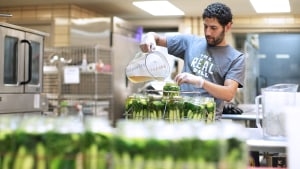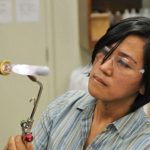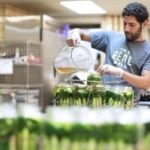This Pickle Company Achieved Zero Food Waste By Turning Scraps Into Compost And Bloody Marys
In the early days of The Real Dill, a pickle company that Denver locals Justin Park and Tyler DuBois founded in 2012, the two friends were tossing around 300 pounds of food scraps in the trash every week. Cucumber cutoffs, raw horseradish, peppers–all of it was bagged up and left for the garbage collection rounds.
That did not sit right with DuBois and Park, who, prior to founding The Real Dill, had worked, respectively, in the food industry and the community development nonprofit world, and were attuned to the need to cut back on waste. But the friends had never set out to launch a pickle company in the first place, and its breakneck growth–and resulting piles of leftover produce–caught them off guard.
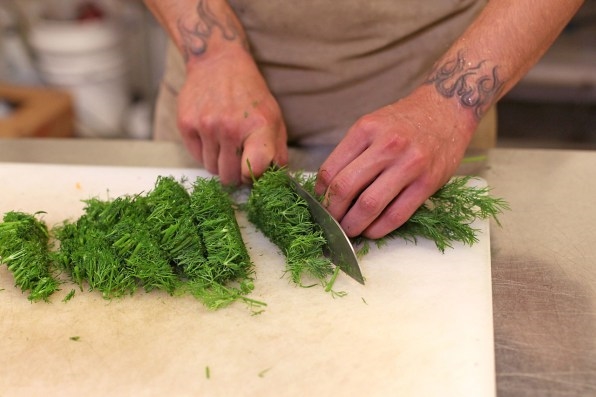
What started as “a hobby that spiraled out of control,” Park tells Fast Company, morphed, with DuBois’ creation of one truly amazing marinated cucumber, into the idea that the two friends were onto something. They started small, working out of each others’ kitchens and occasionally in the back of the restaurant where DuBois was working at the time, and selling their jars at a local farmers’ market. The Real Dill hadn’t yet become a formal company; the two friends were both still working full-time jobs, and very conscious of the 50% failure rate of small businesses. “I remember feeling in the back of my head that this wouldn’t work,” Park says. “We were just trying to take it one step at a time.”
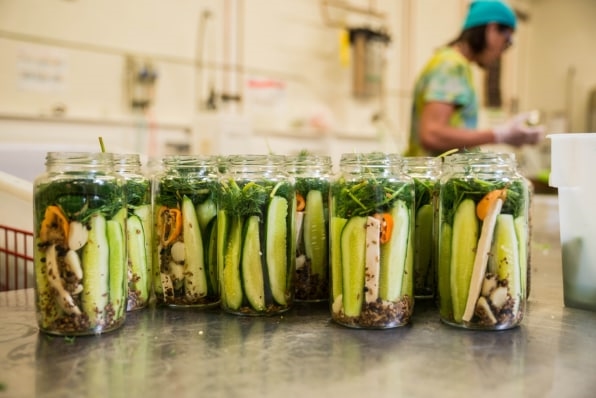
But once they officially launched the company in May 2012, Park and DuBois ended up quitting their jobs almost immediately. “We had spent a couple months before that building up an inventory we thought would last us through farmers market season,” Park says. “But the first day, we sold through most of our products.” They moved operations to a commercial kitchen in Denver and began working 100-hour weeks to stay afloat; since then, they’ve expanded their market reach to around 500 stores, mostly in Colorado. As they grew, food waste became an unavoidable issue.
“Once we got into the kitchen together and were turning out products, we were very conscious of food waste,” Park says.
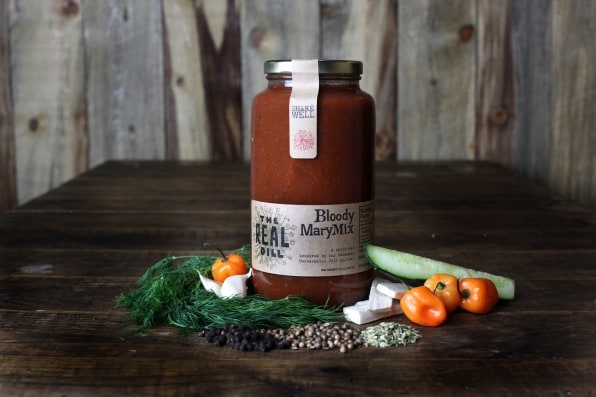
That consciousness led to the creation of The Real Dill’s Bloody Mary Mix, which they began producing a year after launching and is now their best-selling product. Making pickles results in a byproduct of cucumber-infused water, which Park and DuBois were dumping down the drain. “It just got to the point where we were feeling so guilty about that,” Park says. “It is a byproduct, but it tastes incredible, and we figured there had to be a better use for it.” The Real Dill was already handing out a recipe for a Bloody Mary mix made with the leftover seasoned brine from their pickle jars (other recipes on their website detail how to transform the brine into marinades and dressings, and the herbs and seasoning into deviled egg toppings). The recipe was popular enough among customers that Park and DuBois saw an opportunity to bottle it and develop an all-natural mix with the cucumber water byproduct as the main ingredient.
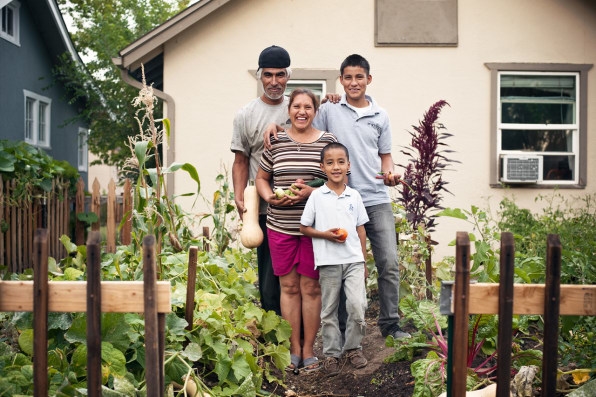
While that product has taken off, it still didn’t solve the issue of their other byproduct–the hundreds of pounds of food scraps they were tossing each week. To solve that, Park reached back into his nonprofit roots and connected with Re:Vision, an organization that helps low-income neighborhoods to develop local food systems and community gardens, which Park had worked with during his time at the Colorado Center for Community Development. Re:Vision was in need of more compostable material to increase their yields on their gardens and farms, and offered to collect all of The Real Dill’s now approximately 525 pounds of weekly food scraps to put it to use in their projects. “For us, it felt like a win–we’re keeping these scraps out of the landfill, and putting them in the hands of an organization that’s using them for good,” Park says. “Whatever minimal responsibility it creates for us is completely worthwhile.”
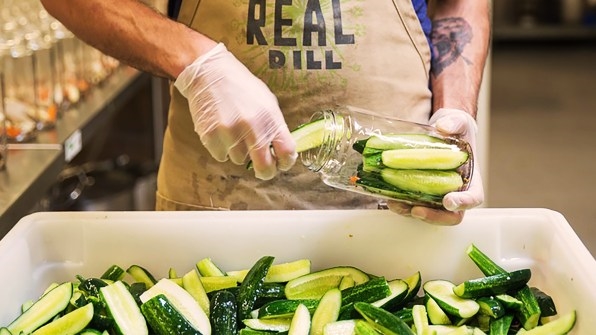
The U.S. collectively sends around 133 billion pounds of food, or up to 40% of all food produced, to landfill each year; Park and DuBois know that their several thousand pounds of produce diverted annually are making just a small dent in a much larger problem. But to them, it’s more about doing the best that they can at the scale in which they operate. “We want to have a positive impact on the environment around us,” Park says. “We’re big believers that this is just an inherent responsibility of businesses–it’s not something we do to stand out or be special, nor is it a marketing ploy. It’s just what we need to do as members of a community that consume more.”
Getting to zero food waste is very possible: it just takes a little creative thinking.
In the early days of The Real Dill, a pickle company that Denver locals Justin Park and Tyler DuBois founded in 2012, the two friends were tossing around 300 pounds of food scraps in the trash every week. Cucumber cutoffs, raw horseradish, peppers–all of it was bagged up and left for the garbage collection rounds.
(27)

